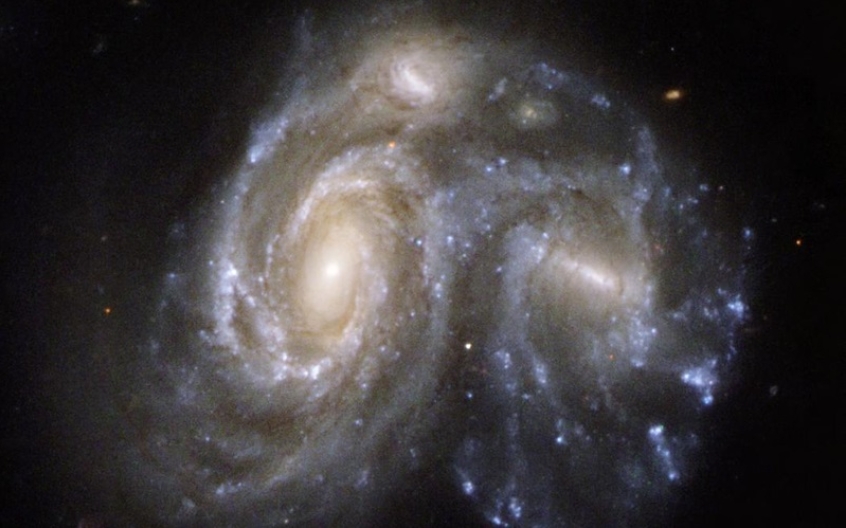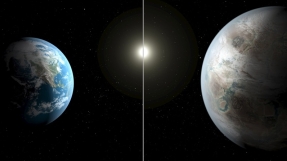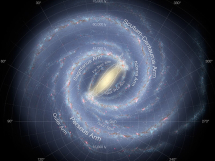
In Revelations 8:1, the Bible warns of this apocalyptic scenario: "There was silence in heaven about the space of half an hour."
Last week, a team of astronomers from around the world warned of a similar apocalyptic situation: the universe as we know it is already dying.
Using several of the world's most powerful telescopes, the international scientists from Galaxy And Mass Assembly (GAMA) were able to determine that the universe is only producing half as much energy as it did two billion years ago.
Simply put, this means that stars in some 200,000 galaxies surrounding the Earth are slowly burning themselves out.
"We used as many space- and ground-based telescopes as we could get our hands on to measure the energy output of over 200,000 galaxies across as broad a wavelength range as possible," GAMA team leader Simon Driver from the University of Western Australia explained in a statement.
Driver further said that based on the new data his team gathered, the universe "will get consistently darker and gloomier" in the future.
Adam Burrows, professor in the astrophysical sciences department at Princeton University, meanwhile, explained that the galaxy gas needed to create stars in the galaxies "is being depleted, and is not being adequately replenished."
Burrows, former chairperson of the National Research Council Board on Physics and Astronomy, nevertheless said that the scenario confirmed by the GAMA should be considered as a "gradual diminution of the brightness of the galaxies," rather than either dying or fading of the universe.
Driver, meanwhile, said that the declining energy production of the universe is not an immediate cause of concern. He explained that there are more immediate challenges for the universe.
"In 5 billion years, the sun will expand and swallow the Earth. In 10 billion years, our galaxy will merge with Andromeda," he said.















